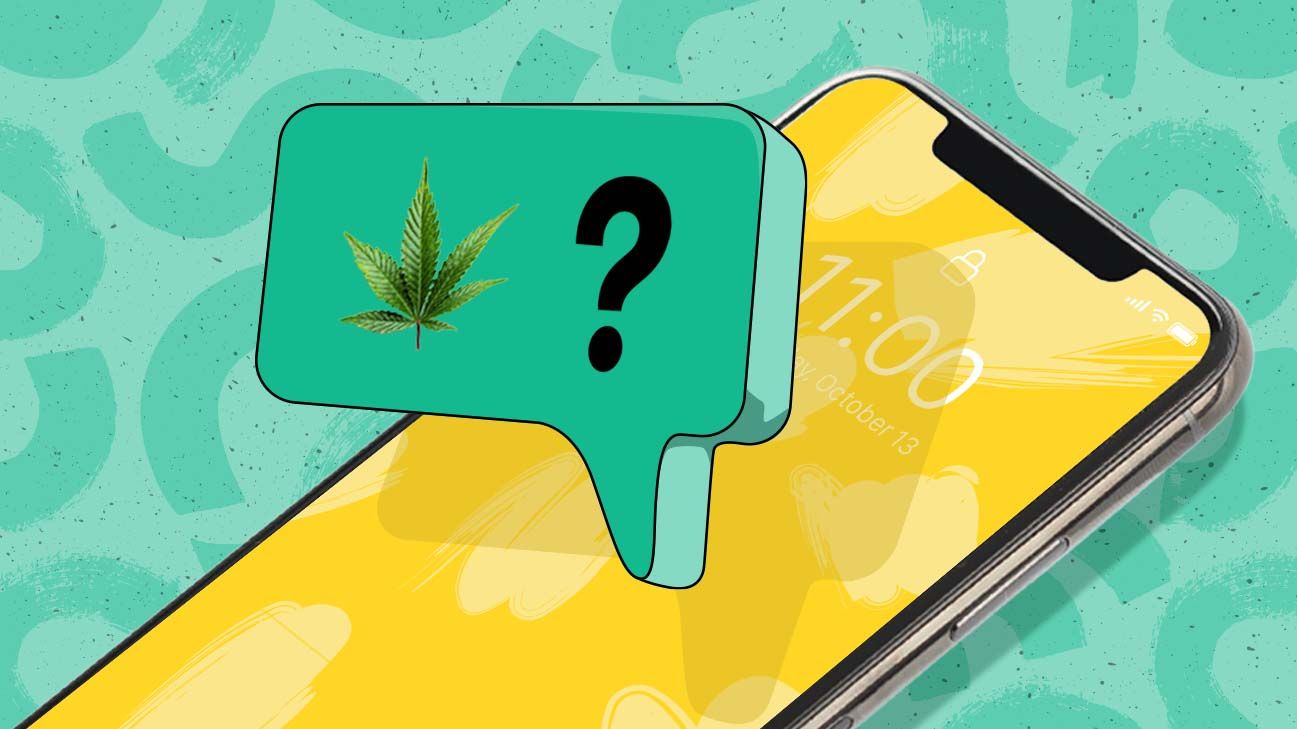It looks like smartphones are one-upping their master’s degree in location tracking with a doctorate in tracking your cannabis usage. According to a small recent study, data from your smartphone can be used to predict if you’ve been smoking cannabis at up to 90 percent accuracy.
At first glance, yes, this sounds like a joke straight out of an SNL skit. But on the other hand, are we really that surprised this is a thing? Here’s what we know about this smartphone update that we didn’t download.

In the proof-of-concept study, participants — 57 young adults who admitted to using cannabis at least twice a week — had their smartphone data analyzed over a 30-day period. The data that was analyzed came from the GPS and accelerometer systems, as well as the Light Gradient Boosting Machine (LGBM), time features, and other phone sensors.
Participants also completed three surveys per day about their cannabis usage, including the times of day they’d used it and how they felt at a given time during the day. Researchers were able to use a combination of the phone data paired with the survey responses to conclude likely indicators of cannabis intoxication points.
They found that using the LGBM info provided a 60 percent prediction accuracy, while using the time features and other phone sensors rounded up the accuracy to a whopping 90 percent.
To be blunt (sorry), it’s still tough to tell exactly how smartphone sensor data interacts with cannabis usage enough to be confident about its ability to pinpoint that kind of activity.
However, if that 90 percent prediction accuracy holds true, this means there could be a legit way to keep people safe from some of the risks of cannabis usage — specifically to prevent people who are high from getting behind the wheel and potentially hurting themselves or someone else.
As stated in the study’s conclusion, “This proof-of-concept study indicates the feasibility of using phone sensors to detect subjective cannabis intoxication in the natural environment, with potential implications for triggering just-in-time interventions.”
Any potential just-in-time intervention could prove to be fodder for more debate over privacy violations in a social climate already running low in the trust department. But if this latest smartphone siren can be used as a tool to work toward folks’ well-being, it could create a new, positive kind of *buzz*.
